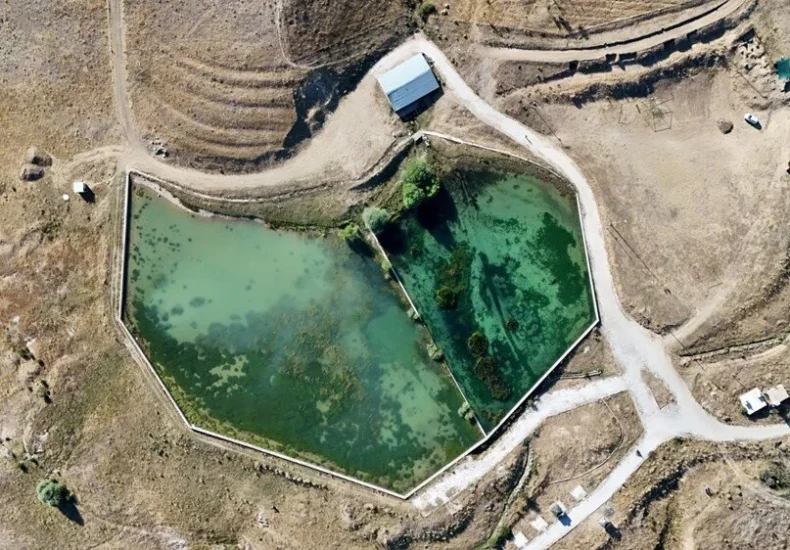
2,000-Year-Old Roman Pool Still Supplies Water in Satala, Türkiye
In the Kelkit district of Gümüşhane, the Satala Ancient City houses a remarkable 2,000-year-old Roman pool that once served Roman legionaries and still meets the drinking and irrigation needs of the nearby Sadak village.
Located in the heart of Satala, the pool is considered one of the most significant structures of the ancient city. While it originally provided water to soldiers, today it continues to sustain the local community. Such Roman pools are rare in Anatolia and virtually unseen in the Black Sea region, making this site uniquely valuable for archaeology and cultural heritage.
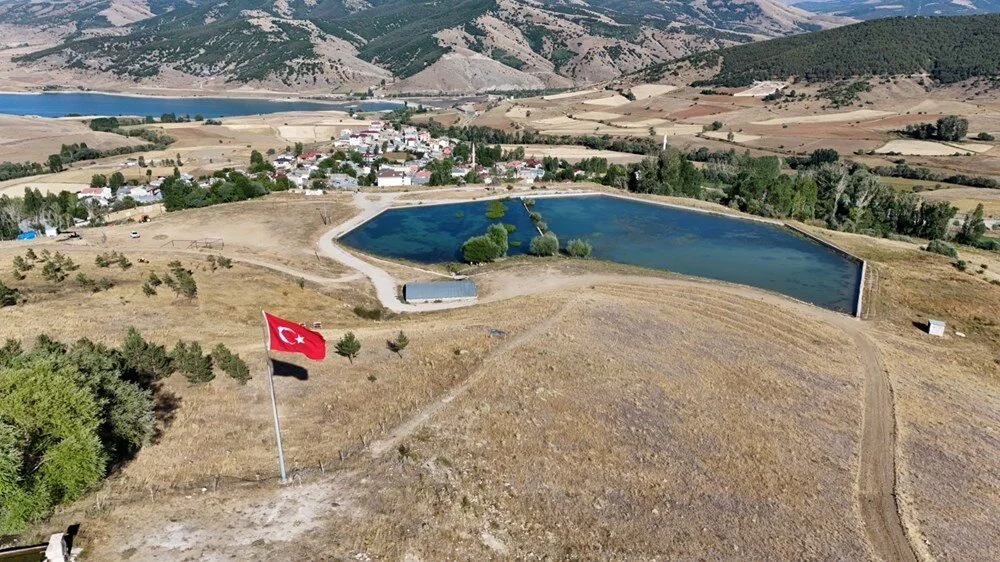
Two decades ago, villagers covered the pool with metal sheets and brickwork to prevent moss formation. Now, a restoration project aims to replace this covering with a more functional and aesthetic system. The project, whose survey and measurements have been completed, will also renew the upper structure of the pool.
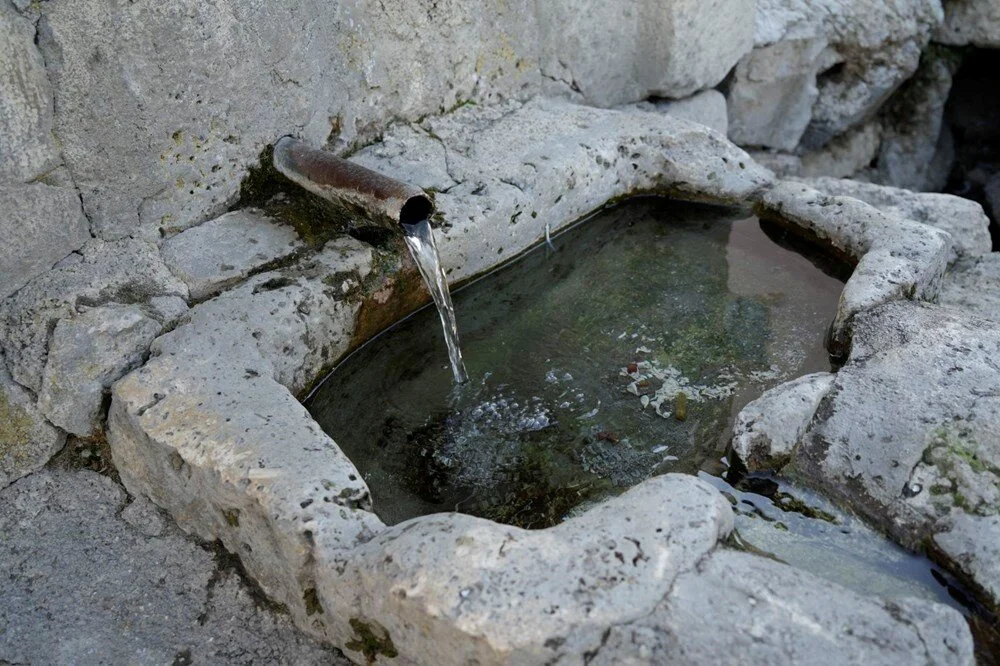
The pool’s eastern reservoir continues to supply water to the village, while excess water is used for irrigation. Dr. Elif Yavuz Çakmur from Karadeniz Technical University’s Department of Archaeology emphasizes: “This Roman pool, which served legionaries 2,000 years ago, still fulfills Sadak villagers’ water needs today. Its rarity in Anatolia—and especially in the Black Sea region—makes it an exceptional historical structure.”
📣 Our WhatsApp channel is now LIVE! Stay up-to-date with the latest news and updates, just click here to follow us on WhatsApp and never miss a thing!!
Villager Sabahattin Nayir adds: “Before the village had fountains, everyone relied on this pool. Animals drank here, dishes were washed here. Even now, it supplies water to the village gardens. It’s an incredibly valuable source for our community.”
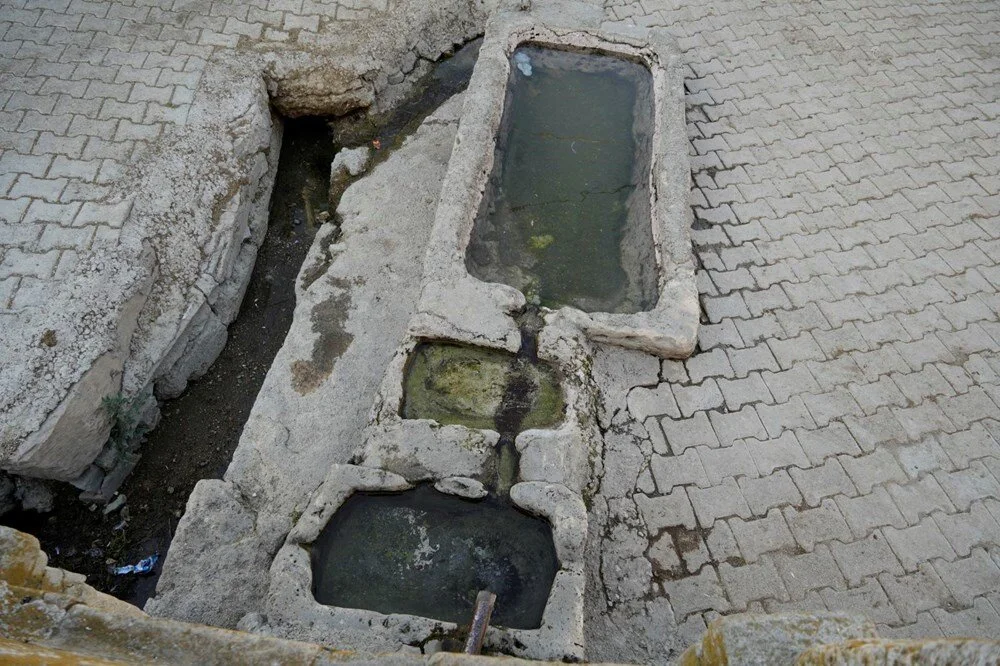
Satala’s Roman pool is not only a functioning water structure but also a living testament to history. Visitors can experience a journey through time and witness the continuity of life in a Black Sea village, where Roman engineering marvels still flow after two millennia.
You may also like
- A 1700-year-old statue of Pan unearthed during the excavations at Polyeuktos in İstanbul
- The granary was found in the ancient city of Sebaste, founded by the first Roman emperor Augustus
- Donalar Kale Kapı Rock Tomb or Donalar Rock Tomb
- Theater emerges as works continue in ancient city of Perinthos
- Urartian King Argishti’s bronze shield revealed the name of an unknown country
- The religious center of Lycia, the ancient city of Letoon
- Who were the Luwians?
- A new study brings a fresh perspective on the Anatolian origin of the Indo-European languages
- Perhaps the oldest thermal treatment center in the world, which has been in continuous use for 2000 years -Basilica Therma Roman Bath or King’s Daughter-
- The largest synagogue of the ancient world, located in the ancient city of Sardis, is being restored

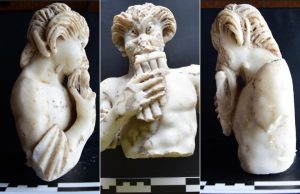
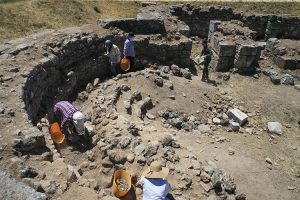
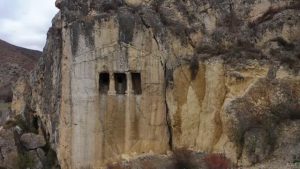
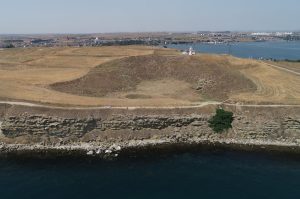
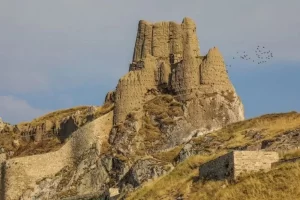
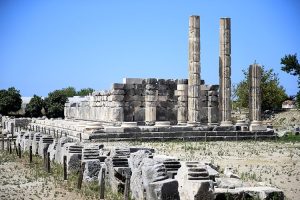


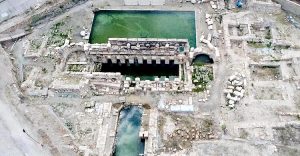
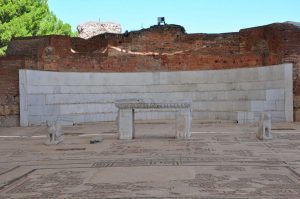
Leave a Reply